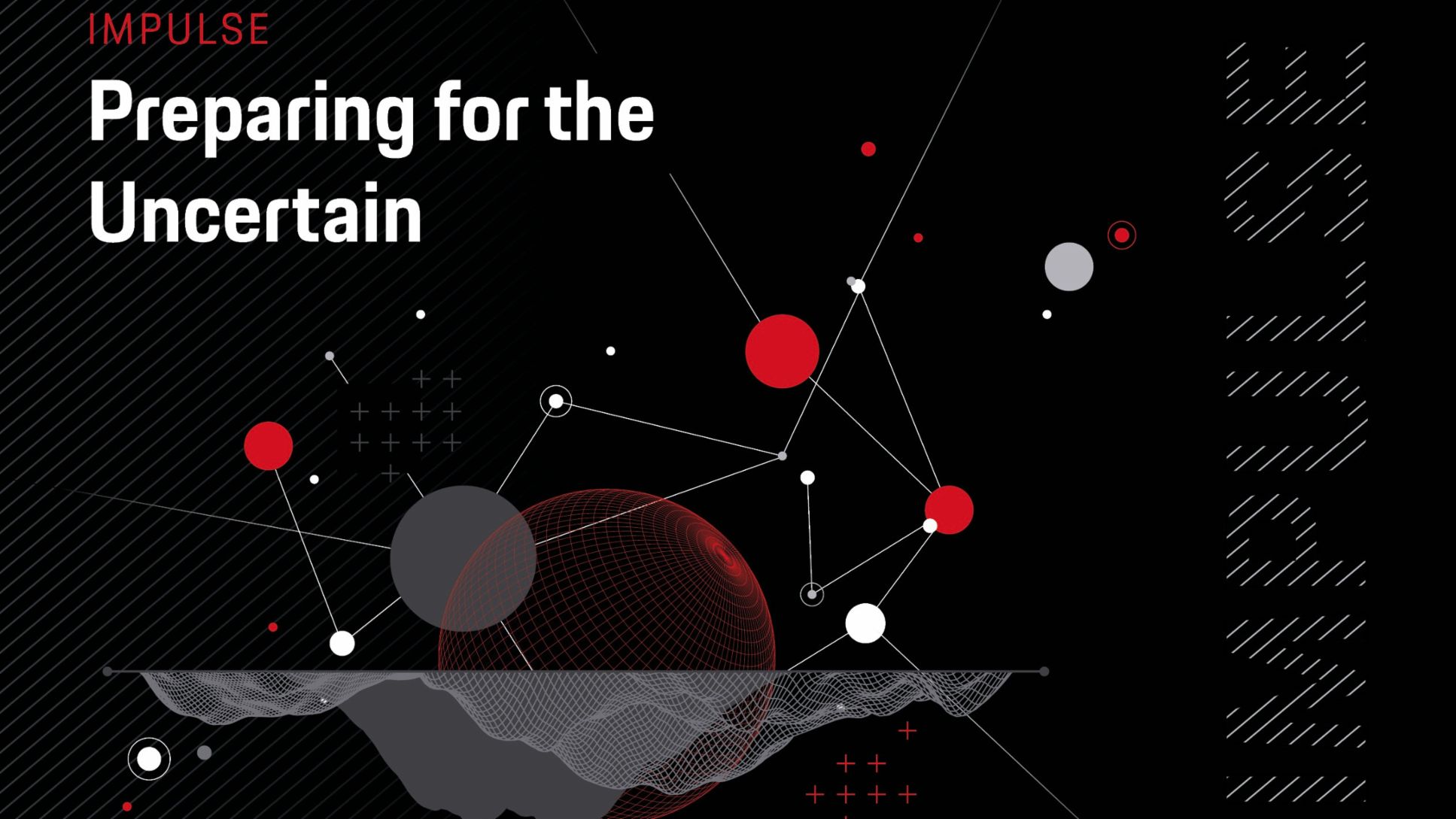In recent years, top management teams have been increasingly aware of the complex and unpredictable nature of the interactions among businesses, economies, and societies. Humanitarian crises, such as the COVID-19 pandemic as well as incidents in key maritime transportation routes, such as the Suez Canal, have generated significant disruptions across geopolitics, economics, trade, energy, and financial markets. Moreover, conflicts in various countries are strongly affecting business reputations, markets, supply chains, and employees — leading, for example, to high prices for raw materials and shipping, along with unstable supply chains.
The frequency and impact of geopolitical risks have notably increased in recent years. In a Porsche Consulting survey in collaboration with the German Federal Association of Materials Management, Purchasing and Logistics e. V. (BME) from the first quarter of 2024, supply chain decision-makers from over one hundred mostly industrial companies within the DACH region (Germany (D), Austria (A), and Switzerland (CH)) were asked which risks were assessed the highest in the company as affecting the ability to deliver goods. The survey identified that geopolitical developments represent the highest rated potential risk at 72 percent. In comparison, potential risks from cyberattacks were rated as relatively low, at just 35 percent—which once again draws attention to the current relevance of this topic.
Read the impulse in full length: Preparing for the Uncertain





